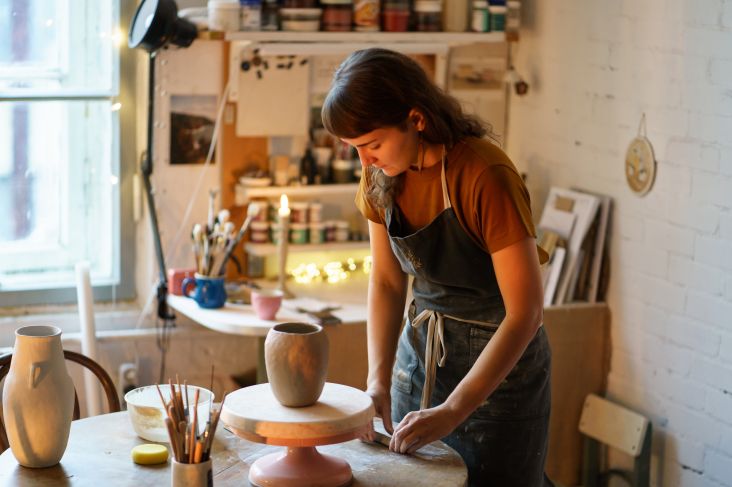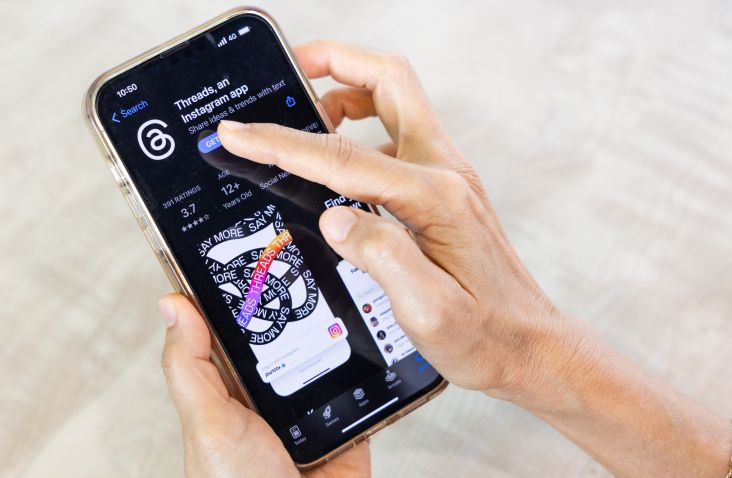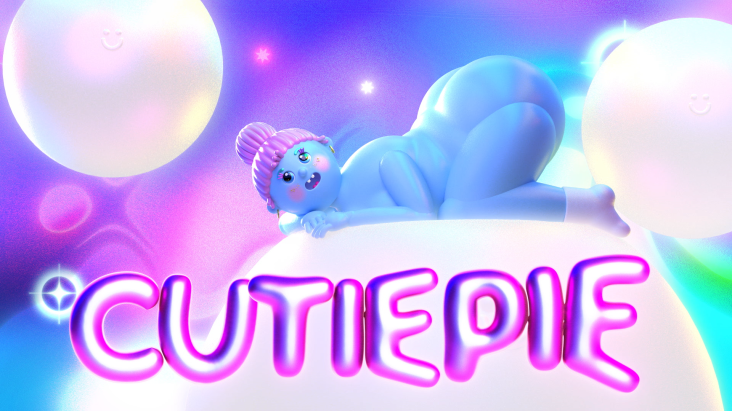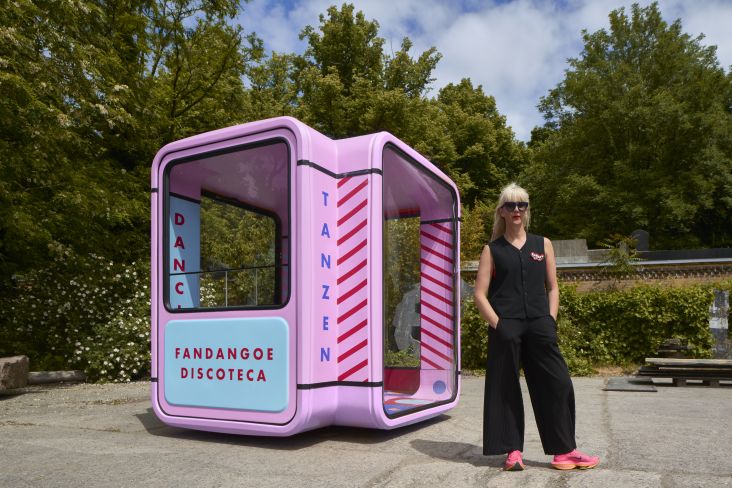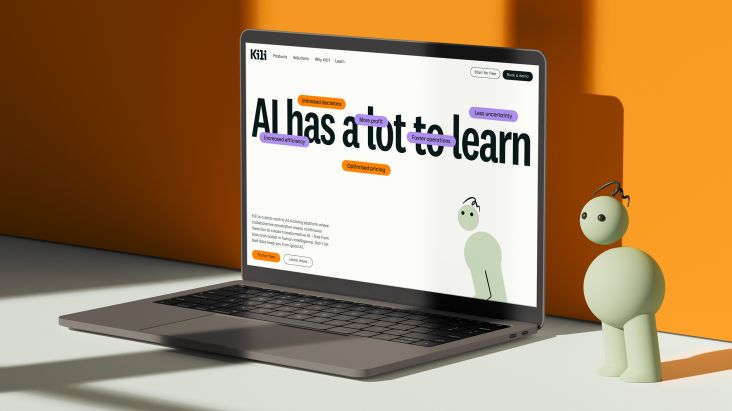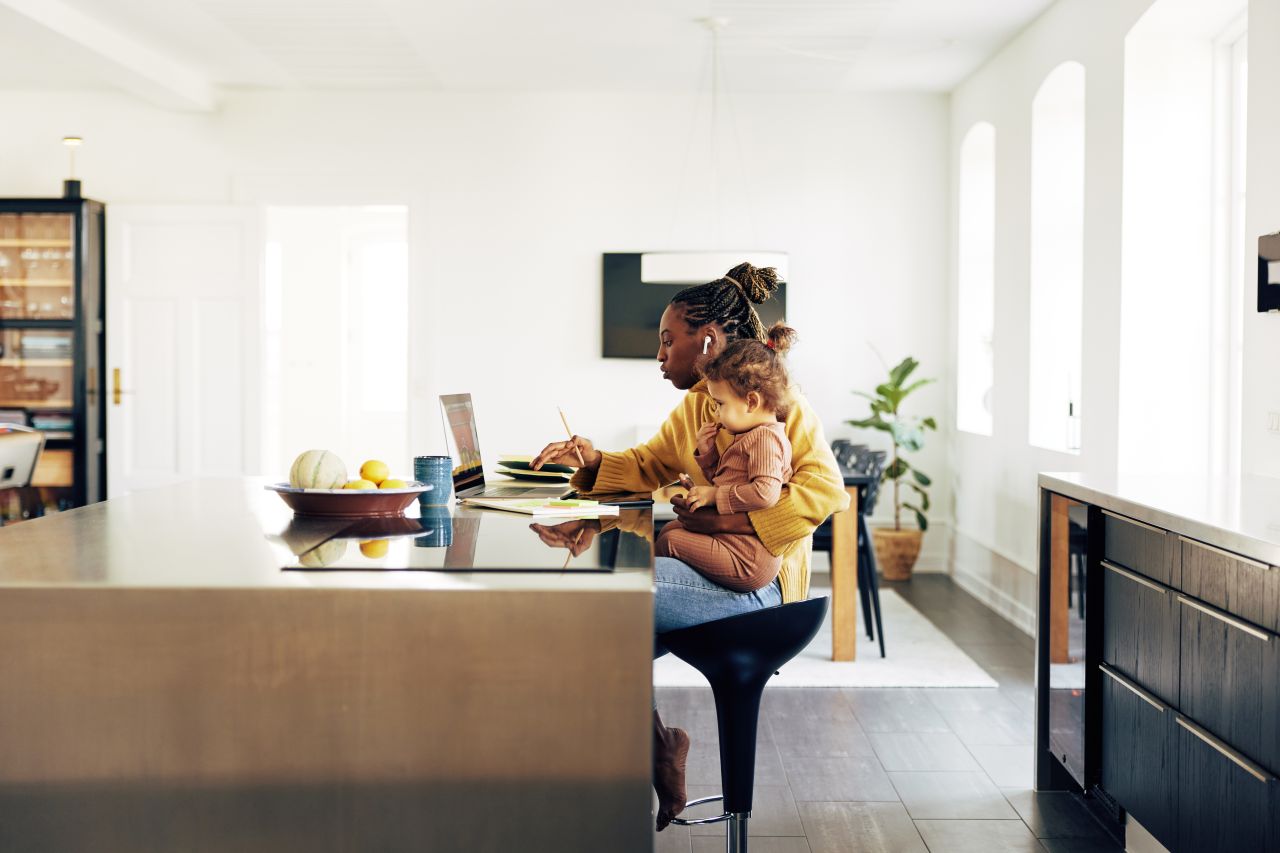
Image licensed via Adobe Stock
2023 has not been the easiest of years for many of us. The knock-on effects of the global economic downturn and the continuing cost of living crisis have made it more difficult than ever to find freelance work or hang on to our jobs. At the same time, the digital landscape is constantly evolving, with new social platforms being released almost daily, and we're all feeling more pressure to stay relevant and successful.
So it's not surprising many creatives find themselves experiencing burnout: feeling overwhelmed, stressed, and in desperate need of a reassuring hug.
We know this because we recently held a poll and asked creatives whether they were feeling optimistic. Over a third (34 per cent) said they weren't, while a further 33% said they weren't sure. That's more than two-thirds of you (67%) who aren't feeling particularly good about the future. And well… that sucks!
We're a positive lot at Creative Boom, but that doesn't mean to say we haven't had tough times and dark days of our own in the past. So in this article, we'll explore some strategies that we've personally found helpful in boosting our mental health and finding balance in our creative journey.
What is burnout?
First of all, though, we should define our terms. What exactly do we mean by "burned out"? Many people nowadays use it to just mean "exhausted", but that doesn't quite cover it. You can be exhausted at the end of a marathon, but that doesn't make it a bad experience. In fact, you'll often feel an enormous sense of achievement and a boost in confidence, well-being and optimism as a result.
Burnout, in contrast, is entirely negative. It's essentially a state of chronic physical and emotional exhaustion caused by prolonged periods of stress and overwork. Burnout can affect anyone, regardless of their profession, level of seniority or lifestyle. It's particularly common, though, in high-pressure fields, where there is a constant demand for productivity, innovation and performance. And that includes the creative industries.
The symptoms of burnout will vary from person to person but often include feelings of fatigue, detachment, cynicism and a decline in performance. People experiencing burnout may also struggle with concentration, experience increased irritability, and have difficulty finding motivation or satisfaction in their work or daily activities. The effects of burnout can extend beyond the workplace and impact various aspects of a person's life, including their physical health, relationships, and overall well-being.
If all this sounds like you, read on as we share our top tips for coping with burnout and rebalancing your life in a more positive and happier direction.
1. Reconnect with nature
If things are getting on top of you, you need a circuit breaker. And the most effective way we know to do that is to find solace in the natural world.
Spending time outdoors, away from screens and notifications, can do wonders for your mental health. You don't necessarily have to travel far or take much time off. Even in big cities, there'll be parks, woodlands and other places to reconnect with nature.
Walking in nature gives you a new perspective and a way to reset your soul. And it can't fail to give you fresh visual inspiration. As the novelist Alice Walker once said: "In nature, nothing is perfect, and everything is perfect. Trees can be contorted, bent in weird ways, and they're still beautiful." Plus, the physical act of exercising and breathing in the fresh air will also reinvigorate your brain function, respiratory system, immune system, mood – everything basically.
If you're not able to get outdoors, that doesn't mean you can't recharge in a similar way. Meditation, yoga, pilates or other relaxation techniques can boost you physically and mentally in minutes, even without leaving the house. For more on this, read our article The Importance of Rest: how to embrace calm and restore your mind in a busy world.
2. Step away from social media
We can see you reading this and thinking, "Great idea, I'll go out for a walk… just once I've signed up to Threads/Bluesky/Mastodon/whatever the new shiny thing is this week."
To which we say STOP! Threads will still be there tomorrow, next week, and next month. Stop focusing on what billionaires in Silicon Valley want you to focus on, and focus on you for a change!
The benefits of the great outdoors will be for nought if you check your phone every two seconds. So it's vital to find a way to take a break from digital while you're out and about, whether that means turning off notifications, turning off your phone entirely, or even (shock, horror) just leaving it behind.
That applies to holidays too. In the pre-internet days, it was easy to switch off from work the moment your break began. These days, though, smartphones can be an office-in-your-pocket… but only if you let them.
Making sure they aren't does require some planning, of course. For example, if you need to maintain an online presence while away, use automation tools like Buffer, IFTTT and Hootsuite, which allow you to schedule posts in advance. That will keep your social media accounts active without the constant need for real-time engagement. Also, read our guide to How to enjoy guilt-free holidays as a freelancer.
3. Embrace real-life connections
Once you've got into the habit of 'digital detoxing' when taking a break, think about how much time you should spend on social media in general. Managing multiple social networks, day in, day out, is no good for anyone, really.
Neither is seeing your creative peers suddenly get way more followers on Threads than you. Even if the equation is reversed, that's another recipe for stress as you battle to engage your followers and stop them from leaving. But ultimately, what's the point? After all, in 2023, social media is increasingly irrelevant to creatives' career opportunities.
Yes, online networking still has benefits. But the power of face-to-face interactions is a hundred times more powerful. So we'd urge you to stop stressing over socials and get out there and chat with people face-to-face. Because this won't just be better for your career, it's also much better for your mental health.
After all, people can be quite snarky when they're online and anonymous: often, they don't even realise they're being rude because it's such an ingrained habit. But people are generally much nicer to each other when they're physically together.
Attend industry events, reach out to old contacts for a coffee, or pick up the phone and have a good chat with people. Engaging with someone in person is the best way to build meaningful relationships and much better for your self-esteem than sending out DMs and emails and stewing when people don't get back to you instantly.
4. Establish clear boundaries
Burnout typically occurs when the lines between work and home life get blurred. That might mean you're working longer and more anti-social hours. Or it may mean that you're not properly switching off from work after hours; for example, answering work emails on the sofa while watching TV or even when you're in bed.
Typically, it's a mixture of both. So if you find you're constantly dreaming about work, waking up to answer emails in the middle of the night, or checking your work phone the moment you get up, it's clear your work-life balance has tipped way too far in the wrong direction.
The only way to escape this is to establish clear boundaries. That means the moment you step away from your desk at the end of the working day, you commit to spending the rest of your time not thinking about work.
So put aside industry-related podcasts, news, and any other content that adds to your stress levels. Switch off your email notifications and even your phone itself if necessary. Pick up a work of fiction instead, or explore hobbies outside your professional sphere. Do something fun. There are many fun ways to spend your time, so don't let work consume your life, even in an ambient, subtle way.
And remember, taking time for yourself and enjoying life is just as important as pursuing your creative endeavours. We often forget that and measure our worth as human beings in relation to our job status and level of productivity. But as the saying goes, no one ever lay on their death bed, reflecting on their life, and thought: "I wish I'd spent more time at work".
5. Consider CBT
Finally, if you're really struggling to step away from work, you may have more deep-seated problems that mean you're using work as a crutch, much like people hooked on alcohol, drugs, gambling or other addictions do. In this case, cognitive behavioural therapy (CBT) can be a powerful tool for managing these negative thoughts and emotions.
CBT deserves a whole article in itself, of course. But in a nutshell, its guiding principle is that our thoughts, feelings, and behaviours are interconnected and influence one another. From that starting point, CBT aims to identify and modify unhelpful or distorted thinking patterns and replace them with more realistic and adaptive thoughts.
Put another way, CBT helps you recognise that the thoughts in your head often don't align with reality and that negative self-talk can be detrimental to your mental well-being. It teaches you to address and combat these negative thoughts with positive affirmations. Professional therapists can provide valuable guidance and support in navigating CBT and using it to improve your life and outlook.
6. Read a good book
Along with professional therapy, books can provide comfort and guidance on your journey to better work-life balance and improved mental health. Here are a few we'd heartily recommend. They offer practical advice, insights and techniques to help you navigate burnout and cultivate a healthier mindset.
The Kindness Method: The Highly Effective and Extremely Enjoyable Way to Change Your Habits by Shahroo Izadi: This book invites you give yourself a break and then learn how to strengthen your willpower like a muscle, so you can sustain motivation for the long haul. These techniques may seem gentle, but the results are life-changing because the plan is tailored to you.
Burnout: Solve Your Stress Cycle by Emily Nagoski: The gap between what it's really like to be a woman and what people expect women to be is a primary cause of burnout. With insights from the latest science, prescriptive advice and helpful worksheets and exercises, this book reveals how you can complete the biological stress cycle and return your body to a state of relaxation.
Winning the War in Your Mind: Change Your Thinking, Change Your Life by Craig Groeschel: We've all tried to think our way out of bad habits and unhealthy thought patterns. This book draws upon both Scripture and the latest findings of brain science to lay out practical strategies that will free you from harmful, destructive thinking.
The Courage to Be Disliked: How to Free Yourself, Change Your Life, and Achieve Real Happiness by Ichiro Kishimi: Using the theories of Alfred Adler, Freud and Jung, this book explains how we are all free to determine our own future, free of the shackles of past experiences, doubts and the expectations of others. It's a philosophy that's profoundly liberating.
Change Your Life with CBT: How Cognitive Behavioral Therapy Can Transform Your Life by Corinne Sweet: The techniques of CBT are a powerful force to harness. Written by a leading psychologist, this book delivers tried and tested tools in an accessible package full of exercises, examples and practical advice and guidance.
Overall, remember that it's crucial to prioritise your mental health as a creative. Get that right, and the money, success and recognition will eventually follow. Ignore it, and you'll be on the road to burnout. If that happens, take the time to recharge, seek support from loved ones, and implement the strategies we've detailed above to regain balance and rediscover your creative passion.
The journey to improved mental well-being may not be easy, but with patience, self-compassion, and the right tools, you can emerge stronger and more resilient in 2023.




 by Tüpokompanii](https://www.creativeboom.com/upload/articles/58/58684538770fb5b428dc1882f7a732f153500153_732.jpg)

 using <a href="https://www.ohnotype.co/fonts/obviously" target="_blank">Obviously</a> by Oh No Type Co., Art Director, Brand & Creative—Spotify](https://www.creativeboom.com/upload/articles/6e/6ed31eddc26fa563f213fc76d6993dab9231ffe4_732.jpg)










